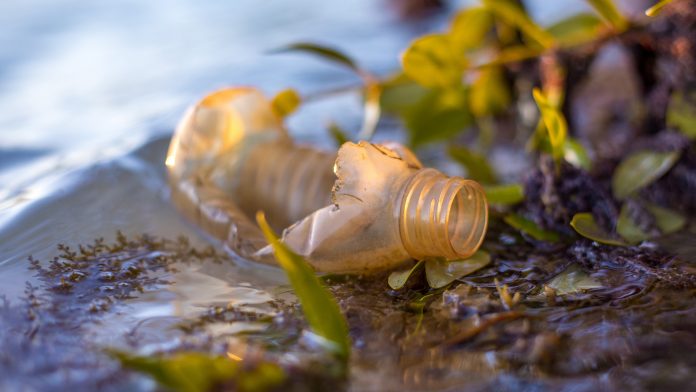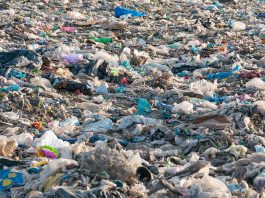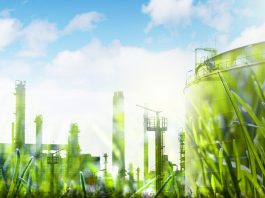Researchers have developed plant-derived biosolvents to enable the sustainable conversion of plastic waste into valuable membrane materials.
Plastic waste can be used as a raw material for making high-performance porous membranes. These could then be used in the chemical industry for the energy-efficient separation of complex chemical mixtures or to clean up waste streams, further adding to the environmental appeal of the process.
“Plastic membranes could be great partners for addressing many sustainability challenges,” explained Malinalli Ramírez Martínez, a PhD student who led the research in Suzana Nunes’ group at KAUST.
“Thanks to their selectively permeable porous structure, they can reduce the environmental footprint of industrial separations, help in the treatment of waste effluent, and create access to fresh water.”
The study, ‘Bio-based solvents for polyolefin dissolution and membrane fabrication: from plastic waste to value-added materials,’ was published in the journal Green Chemistry.
Increasing the sustainability of polymeric membranes
Ramírez Martínez said: “Traditional plastic membrane fabrication approaches mostly use pristine fossil-based, non-renewable materials, which has a negative environmental impact and contradicts the sustainability benefits.”
“We wanted to take polymeric membrane sustainability one step further by replacing some of the conventional materials used for their fabrication with bio-based solvents and waste plastics, following the principles of circular economy and green chemistry.”
She continued: “Polyolefin plastic membranes make up almost half of all discarded items in plastic waste streams. Polyolefins are very popular due to their low cost and high thermal and chemical stability. We find them in food packaging, reusable bags, shampoo bottles, toys, and many more products.”
Overcoming challenges of processing polyolefins
These properties make polyolefins attractive for producing hydrophobic, microporous plastic membranes for oil purification and other industrial purification processes.
However, the main challenges for processing polyolefins into porous membranes are the high temperatures required to dissolve them — commonly between 140-250°C — and the limited range of solvents that can be used, most of them fossil-fuel based.
Through their research, the team has demonstrated that two bio-based solvents can significantly improve the sustainability of this process. “We found that terpenes — naturally abundant renewable solvents derived from non-food biomass — could dissolve polyolefins at just 130°C,” Ramírez Martínez said.
“Secondly, using these solvents, we successfully made polypropylene membranes using plastic waste from food packaging, transforming single-use plastics into high-performance materials.”
These membranes proved adept at separating the water-in-oil emulsions that specific industrial processes can generate. “The rejection values and oil purity we recorded were comparable to state-of-the-art membranes reported in the literature,” Ramírez Martínez commented. “We consider it a great achievement to have proved that membranes prepared from plastic waste can have a competitive performance compared to those made from pristine materials.”
Suzana Nunes concluded: “Polyolefins are soluble only in a few solvents such as decalin. Finding solvent alternatives, particularly bio-based solvents, is relevant not only for membrane fabrication.”





